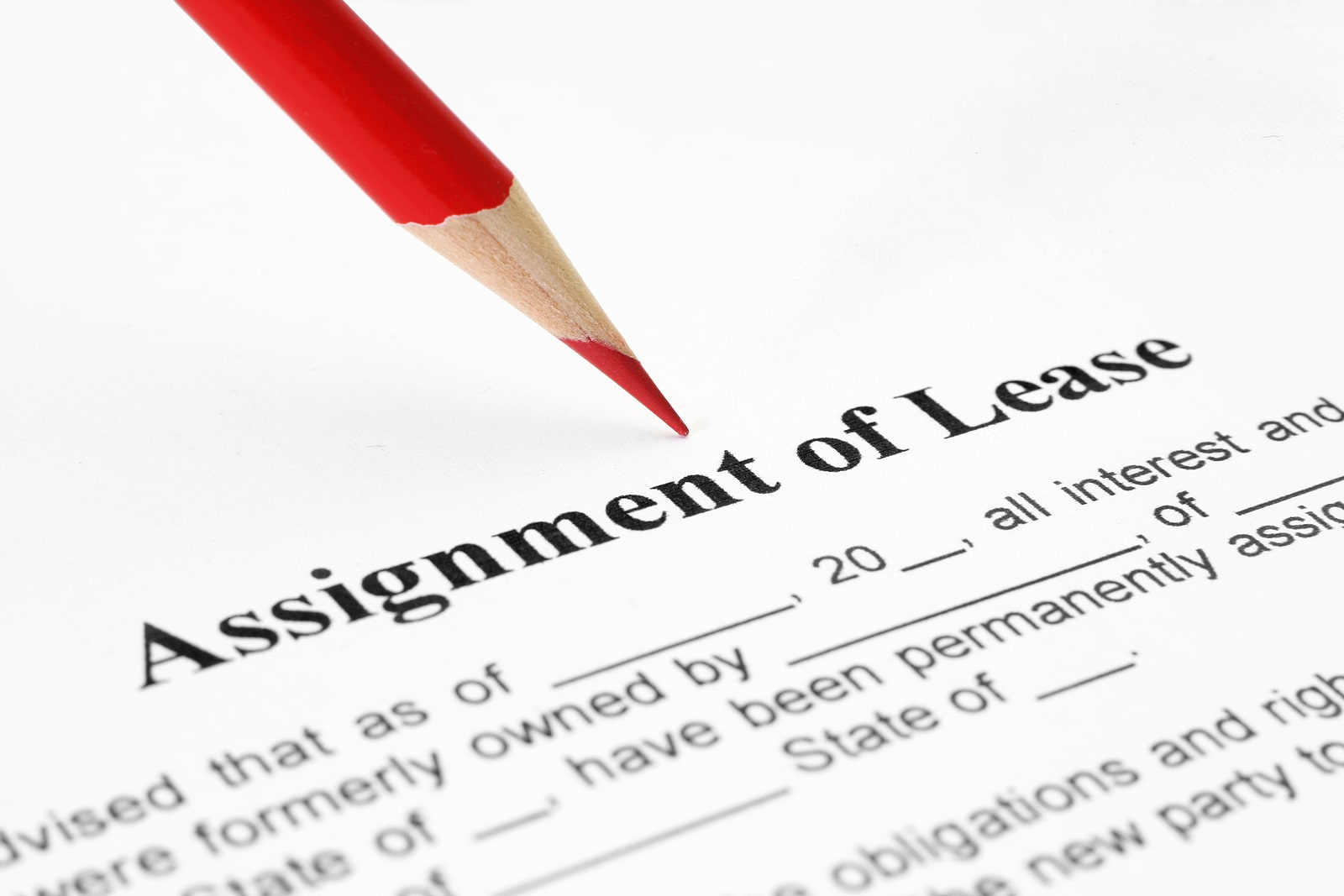A lease assignment is the process where a tenant's leasehold interest in a property is transferred to a new tenant. This often occurs when a business owner decides to retire or sell their business, and another party wishes to take over the premises.
The original tenant transferring the lease is known as the assignor, while the new tenant assuming the lease is the assignee. The assignee takes over the existing lease, including its rental rates and other terms, without negotiating a new arrangement.
What is the Process of Assigning a Lease?
- Identifying a Suitable Assignee: The assignor must find a new tenant willing to take over the lease.
- Landlord’s Consent: In most cases, the landlord's consent is required for the assignment. The landlord cannot unreasonably withhold or delay consent.
- Legal Documentation: Key documents such as the Licence to Assign, Rent Deposit Deed, Authorised Guarantee Agreement, and Deed of Assignment need to be prepared, often requiring the involvement of solicitors.
- Financial Assessments: The assignee may need to provide financial evidence, like bank references or audited accounts, to prove solvency.
- Rent Deposit: A rent deposit may be required from the assignee as security for the landlord.
- Completion of Assignment: Once all terms are agreed upon and documents are prepared, the lease assignment is formally completed.
Are Tenants Liable After Lease Assignment?
In most modern leases, the assignor is released from their obligations to the landlord once the lease is assigned.
However, in some older leases or specific cases, the assignor might still retain some liability. It's crucial to review the lease terms to understand any continuing obligations.
What is the Difference Between Assignment and Transfer of Lease?
Assignment and transfer of lease are often used interchangeably, but they can have different implications based on the lease terms.
Generally, an assignment involves transferring the lease to a new tenant, while the original terms remain unchanged. A transfer could imply more significant changes to the lease terms or the involvement of different legal processes.
Do I Need a Solicitor to Assign a Lease?
While it's not legally mandatory to have a solicitor for a lease assignment, it is highly advisable. The process can involve complex legal documentation and negotiations, especially when dealing with landlord consent, financial assessments, and potential liabilities.
Solicitors can ensure that both assignor and assignee's interests are adequately protected and that all legal requirements are met.
Conclusion
Lease assignment can be a straightforward process, but it often involves several legal complexities.
Depending on the lease terms and landlord's requirements, it can take a considerable amount of time to complete.
Both assignors and assignees are advised to seek legal expertise to navigate the process effectively and ensure all obligations are clearly understood and met.

